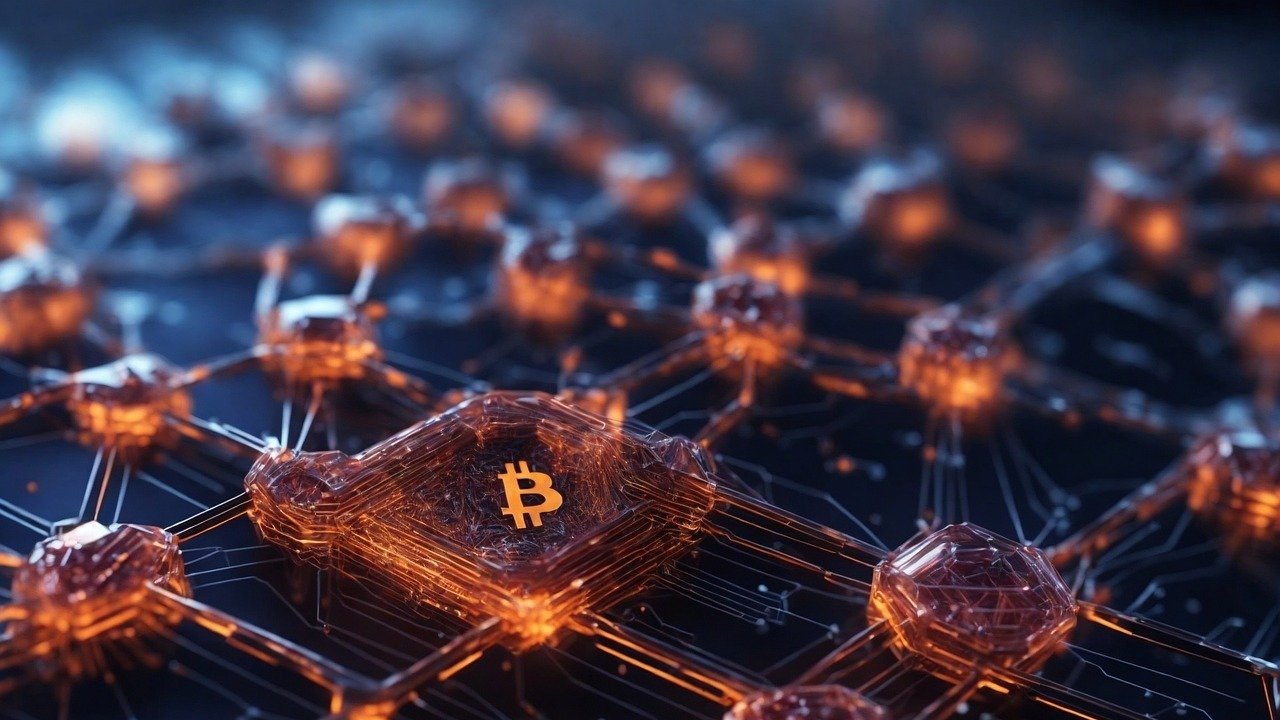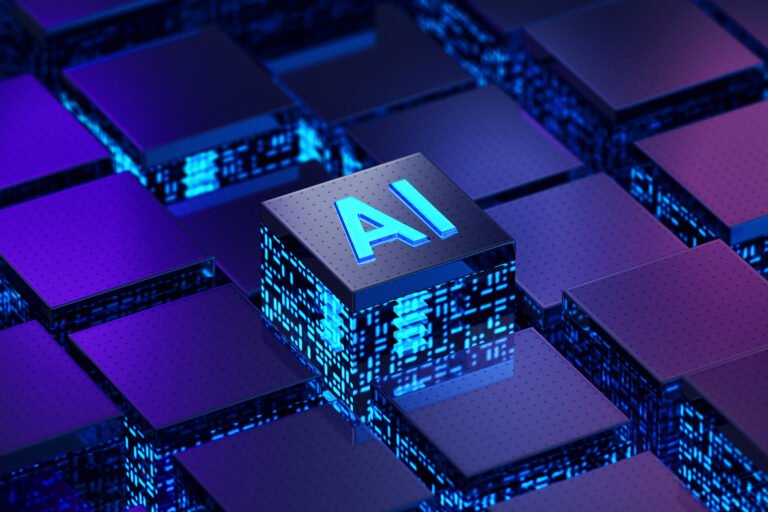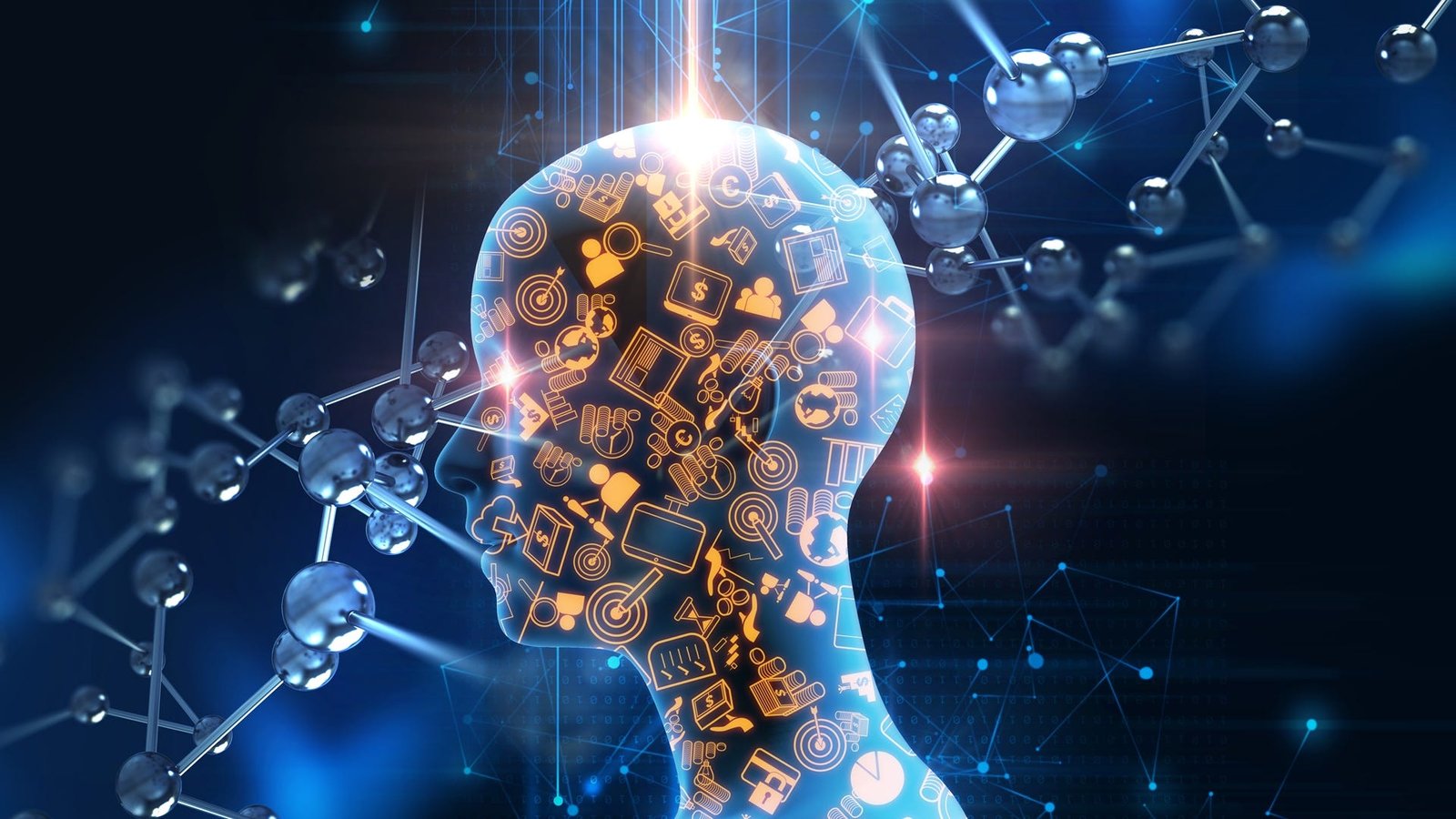AI is already having a profound impact on the cryptocurrency industry, and as we approach 2025, we can expect to see several promising new breakthroughs. Advancements in artificial intelligence (AI) and blockchain are opening the door to fresh ideas that have the potential to revolutionize the cryptocurrency market. Investment methods, decentralized finance (DeFi), and blockchain scalability are just a few areas this essay delves into as it discusses the forthcoming AI Crypto trends to keep an eye on in 2025.
AI-Driven Crypto Trading
Artificial intelligence is anticipated to become even more ubiquitous in the Crypto trading industry in 2025 after considerable advances have already been made. Market patterns, price volatility, and lightning-fast transaction execution are analyzed using machine learning algorithms and AI-powered technologies. With the ability to sift through mountains of data, these algorithms can spot trends people might overlook, resulting in better forecasts and investment decisions.
Crypto markets are expected to get more efficient as the number of institutional and retail investors that utilize trading instruments powered by AI increases. Trading bots powered by artificial intelligence will keep improving traders’ decision-making capabilities, cutting down on human mistakes, and maximizing tactics. Greater liquidity and quicker transaction executions could be possible in 2025 thanks to an expanded role for AI in automating trading procedures.
Decentralized AI Networks
Industries such as gaming, supply chain management, and finance already feel the effects of decentralized networks driven by blockchain technology. More sophisticated decentralized networks driven by artificial intelligence will likely appear in 2025. To facilitate various AI-driven applications while guaranteeing privacy, security, and trust. These networks will function on the blockchain, utilizing smart contracts and decentralized nodes.
One popular idea is “AI-as-a-Service,” which stands for decentralized AI. Decentralized AI resources have enabled consumers to access AI-intensive tasks like data processing, machine learning, and more, rather than relying on centralized cloud providers. Companies and individuals are looking for safer and cheaper AI solutions. This trend will likely continue, especially in decentralized finance (DeFi) and supply chain management.
AI and Blockchain for Enhanced Security

One of the most talked-about developments in AI and cryptocurrencies is combining blockchain technology with AI to enhance security. Safety concerns are increasing in tandem with the Crypto industry. Artificial intelligence may forecast possible security breaches in real time, find weaknesses, and detect fraudulent actions. With the continued growth of the DeFi sector in 2025. Security systems powered by AI will be crucial in protecting blockchain networks.
The application of artificial intelligence algorithms will allow for the monitoring of blockchain transactions, analysis of patterns, and the detection of abnormalities that could suggest fraudulent activity. Due to this, decentralized applications (dApps), cryptocurrency exchanges, and wallets will all be much safer. AI’s capacity to boost preemptive hacking and attack prevention through machine learning and predictive analytics will provide an additional layer of security for users and investors.
AI-Powered Smart Contracts
Smart contracts are agreements whose terms are encoded into code and can execute themselves. Many blockchain-based applications, such as DeFi platforms, rely on these contracts. Due to AI’s improved capabilities, some predict smart contracts will become more intelligent, dynamic, and adaptive in 2025.
Smart contracts driven by AI can adjust to new circumstances in real-time. Such agreements may, for instance, mechanically modify provisions in response to changes in the market, user actions, or other external data. Machine learning and prediction algorithms make Smart contracts even more efficient and successful. These allow smart contracts to make judgments and perform activities without human interaction.
AI in Crypto Wallets
Another development that will gain traction in 2025 is the use of AI in cryptocurrency wallets. Transaction verification, fraud detection, and portfolio management are just a few of the processes that AI can automate to improve customer experiences. Artificial intelligence will make cryptocurrency wallets more straightforward, secure, and intuitive, making them suitable for investors of all skill levels.
For instance, wallets driven by AI might learn from a user’s past transactions to provide tailored suggestions. Phishing attempts and questionable financial dealings are only two examples of the kinds of dangers that they could warn consumers about. In addition, AI-powered intelligent wallets can optimize asset allocation according to individual investment objectives and market trends.
AI in Crypto Mining
Artificial intelligence is also going to change the way cryptocurrency is mined. The increasing complexity of mining algorithms makes it harder to mine cryptocurrency networks like Bitcoin. AI can be employed to optimize mining activities. Regarding mining efficiency and energy usage, we anticipate AI will be pivotal in 2025.
Miners can manage their energy usage, anticipate hardware performance, and analyze mining data with the help of AI algorithms. This allows them to maximize their income. Better mining hardware and a more streamlined method of authenticating blockchain transactions are two other potential applications of AI. The mining industry is deeply concerned about the environmental impact of their operations. This integration will assist in alleviating that concern.
AI-Powered Cryptographic Algorithms
Encryption, the backbone of blockchain technology, ensures private and secure transactions. By 2025, blockchain networks may have even more secure and scalable cryptographic algorithms powered by AI. These AI-powered algorithms would strengthen encryption methods, making them less susceptible to breaches.
The efficiency and safety of blockchain networks could be significantly enhanced with the help of AI by automating key validation and creation. Enabling more secure communication channels, protecting user data, and increasing the general trustworthiness of decentralized networks are all goals of AI-powered cryptography.
Conclusion
The convergence of artificial intelligence and cryptocurrencies holds excellent potential for the industry as we near the year 2025. This article highlights several themes related to artificial intelligence (AI) and how it could revolutionize the cryptocurrency industry. These trends include AI-driven trading, decentralized AI networks, improved security, and AI-powered intelligent contracts. Companies, developers, and investors who want to be ahead of the curve and take advantage of AI’s opportunities in the cryptocurrency industry must watch these advancements.
Innovation, enhanced security, and broader access to crypto-based solutions could result from merging AI and blockchain technologies. The importance of artificial intelligence (AI) in the cryptocurrency market will only increase as time goes on. We are having far-reaching consequences for developing blockchain technology and digital assets.
Read More: The 4 Essential Cryptos Smart Investors Back Now
[sp_easyaccordion id=”5883″]



